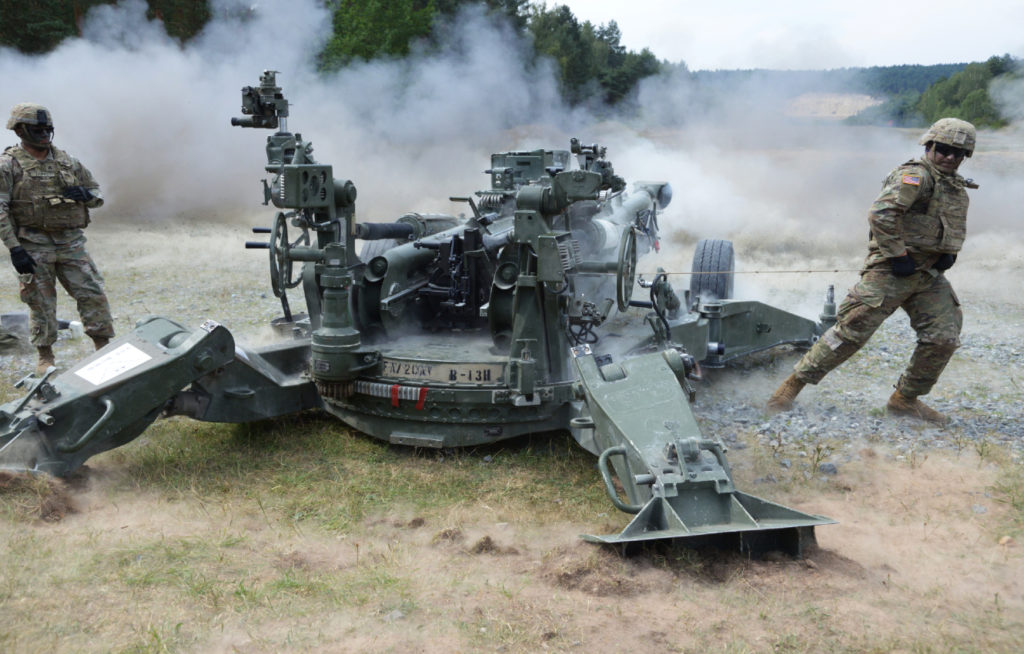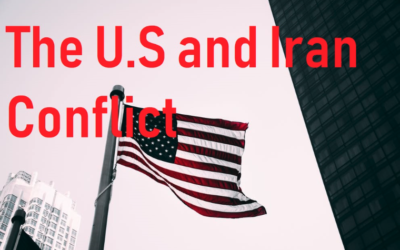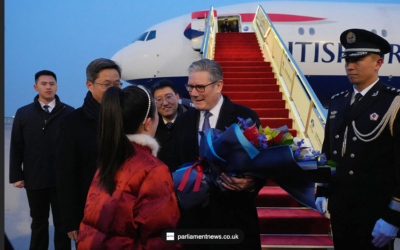Recent years have witnessed a troubling increase in the frequency and severity of conflicts across the globe.
Data from the Armed Conflict Location and Event Data Project (ACLED) demonstrates this concerning reality, with over half of the world’s population living in conflict-affected areas. Moreover, the nature of conflict is evolving, with alarming implications for international peace and security.
Drivers of Instability
Internationalised Civil Wars: Civil conflicts and internal disputes now regularly attract foreign intervention, leading to increasingly internationalised clashes.
Syria, Yemen, and Libya offer devastating examples of how such proxy wars prolong suffering, impede resolution efforts, and destabilise entire regions.
Foreign involvement risks direct confrontations among international powers, undermining norms of sovereignty, and escalating instability.
Technology as a Tool of Conflict: Modern technologies enable new forms of conflict with minimal geographical constraints. Nations use cyberattacks and targeted disinformation campaigns to undermine rivals without traditional military deployments.

Furthermore, the expansion of autonomous weapons programmes and escalating tensions between nuclear powers, coupled with a fragile arms control framework, increase the danger of accidental or intentional nuclear catastrophe.
Great Power Rivalry and Regional Tensions: Growing superpower competition between the US-China and Russia-West blocs exacerbates global tensions. Smaller nations find themselves pressured to choose sides, disrupting regional balances.
Amidst this rivalry, cooperation on pressing challenges like climate change or pandemic response dwindles, eroding the common ground critical for conflict resolution. Simultaneously, growing inequalities within and between countries increase grievances and extremist recruitment.
Multifaceted Consequences
Economic Disruption: Conflicts devastate economies, tearing apart supply chains, destroying vital infrastructure, and deterring investment. The Ukraine war’s global impact on commodity prices and supply chain disruptions demonstrates how conflict creates far-reaching economic chaos.
Humanitarian Crises: Displacement and human suffering are inevitable by-products of war. Syrian refugees place extreme burdens on neighbouring states and test European integration policies.
Yemen’s conflict has spawned one of the world’s worst humanitarian emergencies. Climate change-exacerbated conflicts, particularly in resource-stressed regions like the Sahel, only increase such risks.

Weakened International Norms: Russia’s annexation of Crimea and subsequent invasion of Ukraine sent shockwaves through the global system built upon a fundamental respect for national sovereignty.
Alleged war crimes in Syria and Ethiopia further degrade international law and trust in global institutions, hindering long-term reconciliation efforts.
A Global Imperative for Action
Addressing this mounting danger demands a revitalization of collaborative, multilateral approaches:
International Law and Diplomacy: All nations must recommit to the principles of international law, using diplomacy as the primary tool of conflict management. The UN and regional organisations must work tirelessly to de-escalate tensions, support ceasefires, and ensure foreign interventions do not perpetuate or magnify suffering.

Technology Arms Control: Urgent global negotiations are required to rein in the potential dangers of emerging weaponised AI and to restore a robust nuclear arms control framework with effective treaty verification mechanisms.
Cooperation on Shared Challenges: Tackling climate change, pandemics, and economic inequality are essential ingredients in tackling the underlying drivers of insecurity. Building cooperation on these fronts could reduce incentives for hostile engagement and rebuild trust on the broader international stage.
The complex, interwoven nature of contemporary conflicts dictates that finding solutions must be global in scope. Unilateral acts and unchecked aggression threaten long-term peace and prosperity for all. Through principled action, renewed cooperation, and addressing root causes, today’s interconnected world can choose a path towards a more secure future.


